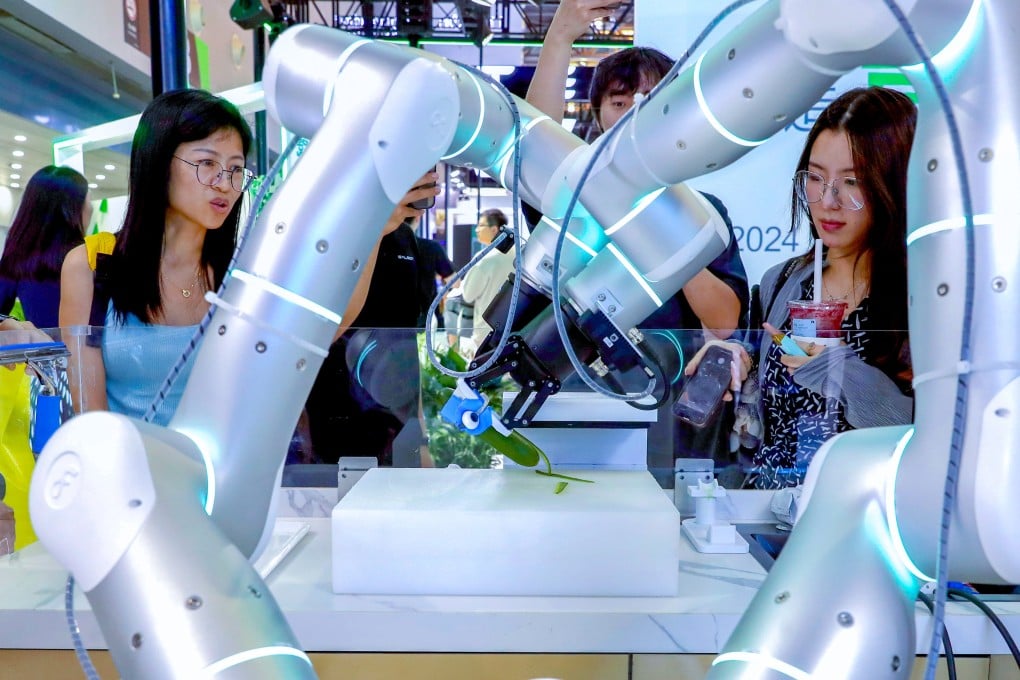Can China and the West agree on global AI rules amid existential risks?
- An international framework governing AI faces formidable obstacles that could hinder collaboration to regulate the fast emerging technology

Specifically, China’s domestic use of the emerging technology coupled with Beijing’s perception of the risks it entails remain highly divergent from those of Western countries, analysts have suggested, an issue that could prove problematic as countries work towards an alignment that helps to formulate an international rule book on AI.
Nan Jia, an associate professor of strategic management at the USC Marshall School of Business, said the differing roles that governments serve in China and Western countries would be key factors in the development of AI.
In the West, AI technologies are primarily being developed by private tech firms to serve companies and individuals, motivated by the goal of achieving market dominance.
But that is not entirely the case in China. “The Chinese government is actually in the game of developing AI,” Jia said.
